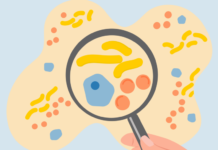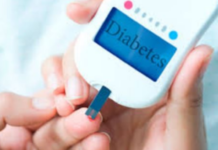NEW DELHI– The severity of menopausal symptoms, combined with a lack of emotional support and fertility-related grief, may explain why some women experience depression during early menopause, according to a new study published Wednesday.
Premature menopause—also known as Premature Ovarian Insufficiency (POI)—is a condition in which the ovaries stop functioning normally before the age of 40. It not only leads to estrogen deficiency but also represents a sudden and unexpected loss of fertility, often resulting in significant psychological distress.
The study, published in the journal Menopause, found that key risk factors for depression in women with POI include younger age at diagnosis, more severe menopausal symptoms, inadequate emotional support, and unresolved grief related to infertility.
“The high prevalence of depressive symptoms in those with POI highlights the importance of routine screening in this vulnerable population,” said Dr. Monica Christmas, associate medical director for The Menopause Society.
She emphasized that addressing mental health is essential: “Behavioral health concerns should be treated with evidence-based interventions and must be part of any comprehensive POI care plan.”
Researchers studied 345 women diagnosed with POI and found that 29.9% showed signs of depression. Interestingly, there was no significant difference in depressive symptoms between women who were undergoing hormone therapy and those who were not.
While hormone therapy—specifically estrogen combined with progestogen—is the standard treatment for managing menopause-related symptoms and preventing long-term health issues in POI patients, the study confirms it is not a first-line treatment for mood disorders.
“This study reinforces that hormone therapy alone isn’t sufficient to address the emotional toll of POI,” said Dr. Christmas. “Healthcare providers need to look beyond physical symptoms and provide emotional and psychological support as part of treatment.”
The findings underscore the need for integrated care that includes mental health screening and counseling, especially for younger women diagnosed with early menopause. (Source: IANS)














